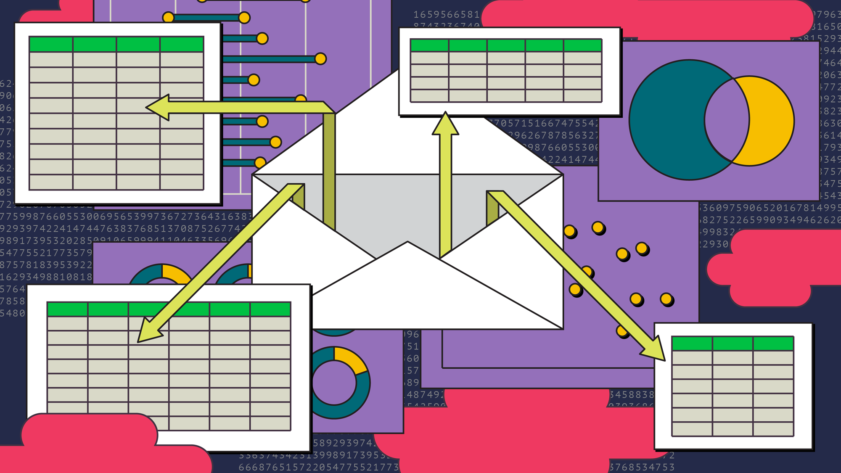Data Is Plural is a weekly newsletter of useful/curious datasets. This edition, dated Jan. 25, 2023, has been republished with permission of the author.
More recalls. DIP 2023.01.11 featured vehicle recall data from the National Highway Traffic Safety Administration. Other U.S. federal agencies publishing recall data include the Food and Drug Administration, whose dataset contains 81,000-plus entries related to food, drugs, medical devices, and related products going back to 2012; the Consumer Product Safety Commission, whose database includes 8,500-plus recalls since 1973; and the Coast Guard, whose listing of 1,600-plus boat recalls is not downloadable but seems possible to scrape. Also: Vehicle recall data from Canadian and U.K. regulators. Previously: International medical device recalls from ICIJ’s Implant Files (DIP 2019.04.17).
Jazz solos. The Jazzomat Research Project, hosted at the University of Music Franz Liszt Weimar, aims “to investigate the creative processes underlying jazz solo improvisations with the help of statistical and computational methods.” The project’s main database contains transcriptions and analyses of 450-plus solos by John Coltrane, Charlie Parker, and dozens of other artists. The downloadable version includes each “event” in each solo: its pitch, loudness, time of onset, duration, and more. As seen in: “What makes that song swing? At last, physicists unravel a jazz mystery” (NPR). [h/t Juan Pablo Marín Díaz]
Overdose-related “Good Samaritan” laws. Shane W. Reader et al. have compiled data on U.S. state laws that “prevent or mitigate criminal consequences for activities pertaining to controlled substances for persons who call 911 to report a drug overdose.” Their dataset spans April 2007 to June 2022 and covers all 50 states, plus D.C. The details include the types of people protected (e.g., the person overdosing, the caller, self-reporters), the kinds of protection conferred (e.g., with regard to arrests, charges, sentencing), the types of violations protected, and more.
Upcoming weather. Alexander Rey’s Pirate Weather aims to be a “drop in replacement” for DarkSky’s weather forecast API, which is shutting down. It pulls data from several NOAA forecast models in order to provide minute-level, hourly, and daily predictions of temperature, precipitation, cloud cover, and more. Note: The API is free to use but is limited to 20,000 calls per month. Related: Pirate Weather powers Merry Sky, a website built by Guillaume Carbonneau. [h/t Giuseppe Sollazzo]
Cats on the move. Between 2013 and 2017, Roland Kays et al. convinced hundreds of volunteers in the U.S., U.K., Australia, and New Zealand to strap GPS sensors on their pet cats. The aforelinked datasets include each cat’s characteristics (such as age, sex, neuter status, hunting habits) and time-stamped GPS pings. Related: CatTracker.org, the homepage for the U.S. branch of the project, features a cat-track browser. Previously: Cat meows (DIP 2021.06.30). [h/t Rika Fujiwara + Soph Warnes]
Notice: Unlike most of our content, this edition of Data Is Plural by Jeremy Singer-Vine is not available for republication under a Creative Commons license.




